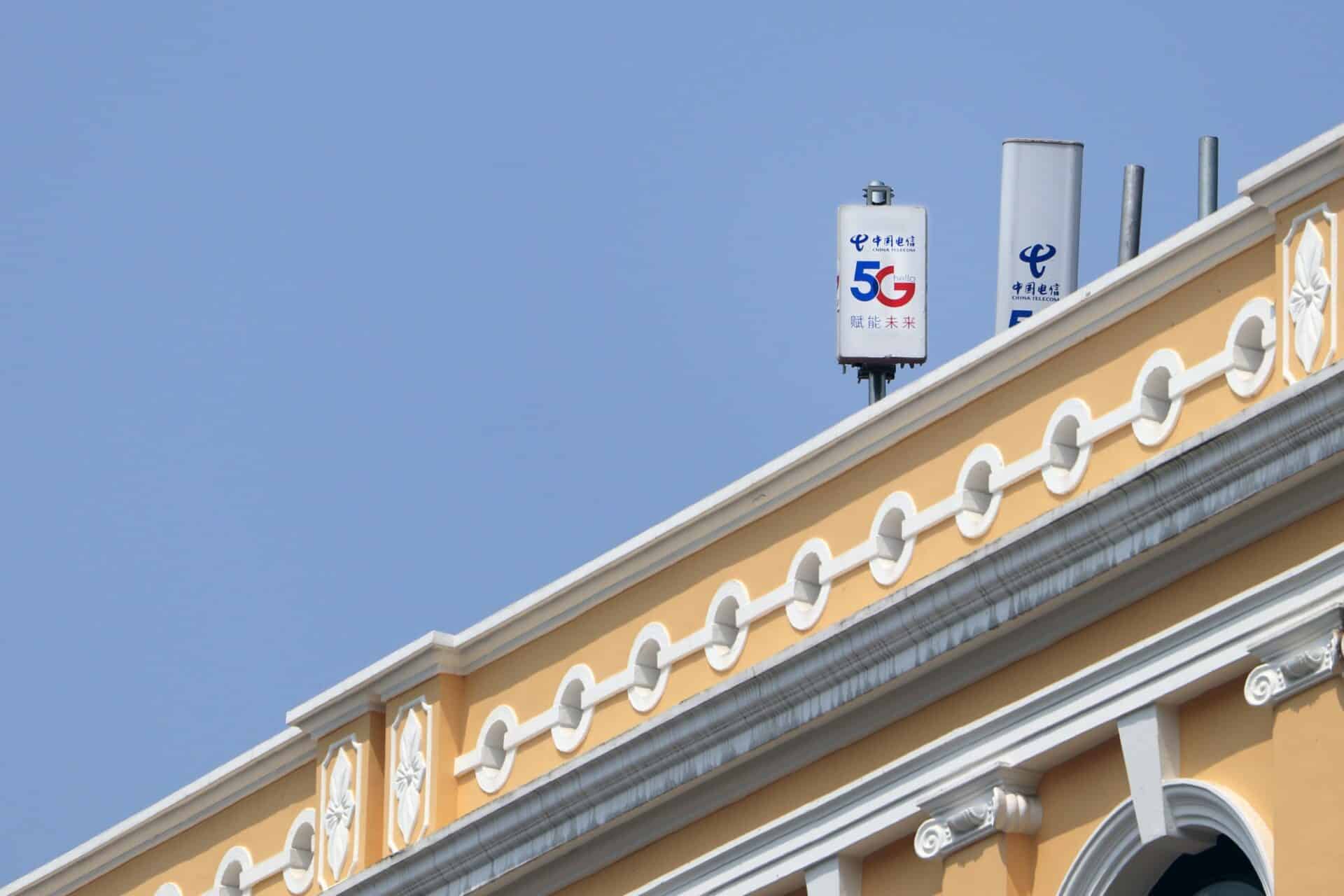 Photo by <a href=”https://ift.tt/3qNj0nu Photo Agency</a> on <a href=”https://ift.tt/2THjIGH>
Photo by <a href=”https://ift.tt/3qNj0nu Photo Agency</a> on <a href=”https://ift.tt/2THjIGH>This post is a delayed version of Techpoint Digest, a week-daily newsletter that rounds up major happenings in African tech. You can start receiving it hours before everyone else if you .
Good day,
In April 2019, South Korea claimed to be the first country to deploy 5G commercially, an hour ahead of the US. At the end of May 2021, it had 15.84 million 5G subscriptions, 22% of its 71.45 million mobile subscribers. The highest penetration numbers of any country.
Apart from this, According to Statista, South Korea’s Jeonju is the city with the fastest Internet downloads speed in the world at 415.6 Mbps.
But, it’s not been a bed of roses. The country still suffers from spotty connection, limited availability — only in urban areas — and poor network quality. Recently, South Korea’s three main cellular networks — SK Telecom, KT Corporation, and LG UPlus — were sued by more than 500 5G subscribers for disappointing service.
Advertisement
How does this concern you? In the last few months, there’s been a lot of 5G news flying about. Kenya became the second African country to deploy the technology commercially. Nigeria announced the signing of an MOU on using the C-band Spectrum for its deployment while also creating a committee to hash out the terms of the auction for the Spectrum licence.
Last week, MTN Uganda signed a partnership with Telecom Infra Project (TIP), an engineering-focused community, to automate its network preparation for 5G technology. With such impressive numbers, there might be a few lessons to learn from the Asian country.
What can Africa learn from South Korea? A recent report by Speedcheck notes that a major contributing factor to the country’s 5G success is its early usage of the C-band Spectrum, a mid-range frequency set at 3.6 GHz-4.2 GHz.
It is often touted as the best frequency for the deployment of 5G services because it balances the disparity found in other frequencies. It allows for wider area coverage than high-range frequencies while also giving better quality connection than low-range frequencies.
Of the two countries in Africa where 5G has been commercially deployed, none have held auctions for a C-band Spectrum licence. South Africa halted sales while Kenya has been relatively quiet on its adoption.
Interestingly, Nigeria is making plans to conduct an auction before deployment. Would this prove helpful eventually? South Korea’s experience says yes.
Other factors include easy access to 5G enabled devices, aggressive rollout strategies like subsidies and vigorous marketing — which has had some adverse effects like the lawsuit I mentioned earlier — and recently allowing independent mobile virtual network operators (MVNOs) to offer cheaper data plans dissociated from mobile network operators (MNOs).
The 5G network promises faster download speeds and connectivity and access to augmented reality and autonomous driving. South Koreans already enjoy these, although not as well as advertised.
Advertisement
With Africa’s Internet speed barely hitting the 10% mark of South Korea’s, even with 5G deployment in some cities, maybe we might have to take a closer look at the Asian country’s strategy.
Speaking of Internet speed, MainOne has set up another data centre in Appolonia City, Accra, Ghana, to expand its digital footprints in West Africa.
A data centre is a facility that an organisation uses to store, process, and disseminate data and applications. MainOne’s MDXi data centre is a commercial service which it offers to its clients. It currently operates in Nigeria, Ghana, and Côte d’Ivoire.
What does this mean for Ghanians? According to the company, it would mean faster internet connections and direct access to content providers.
In the spirit of our earlier conversation, I did some digging and found that 5G might require data centres to restructure their systems to handle data processed from technology like autonomous driving, smart grids, and online gaming. Read more here: How 5G will affect the structure of data centers
Emmanuel’s article on MainOne’s launch would give you more insight. Don’t forget to check in later today.
Meanwhile, let’s take a quick detour to Nigeria and have a short chat about its Electoral Act, more specifically, electronic transmission of results.
Per Punch, the National Assembly is set to receive and debate the provisions of the Electoral Act Amendment Bill on Tuesday, July 6, 2021. But there may be trouble brewing. A provision regarding electronic transmission of results — the subject of great discourse in preceding months — might have been removed.
Members of the House intend to oppose removing the provision which former Deputy President of the Senate, Ike Ikweremadu, told Channels Television had been in the works for some time.
I’ll be keeping my eyes peeled for more news on this.
What you missed on Techpoint last week
What else I’m reading/watching
- Google Chrome will actively direct you away from insecure websites. Read
- Did you hear of the fire that engulfed the Gulf of Mexico? If you didn’t, here’s a video. Also, here’s why The Ocean Caught Fire In The Gulf of Mexico
- 3 guiding principles for CEOs who post on Twitter. Read
Have an awesome week!
from WordPress https://ift.tt/3jWOmGC
via IFTTT


No comments:
Post a Comment